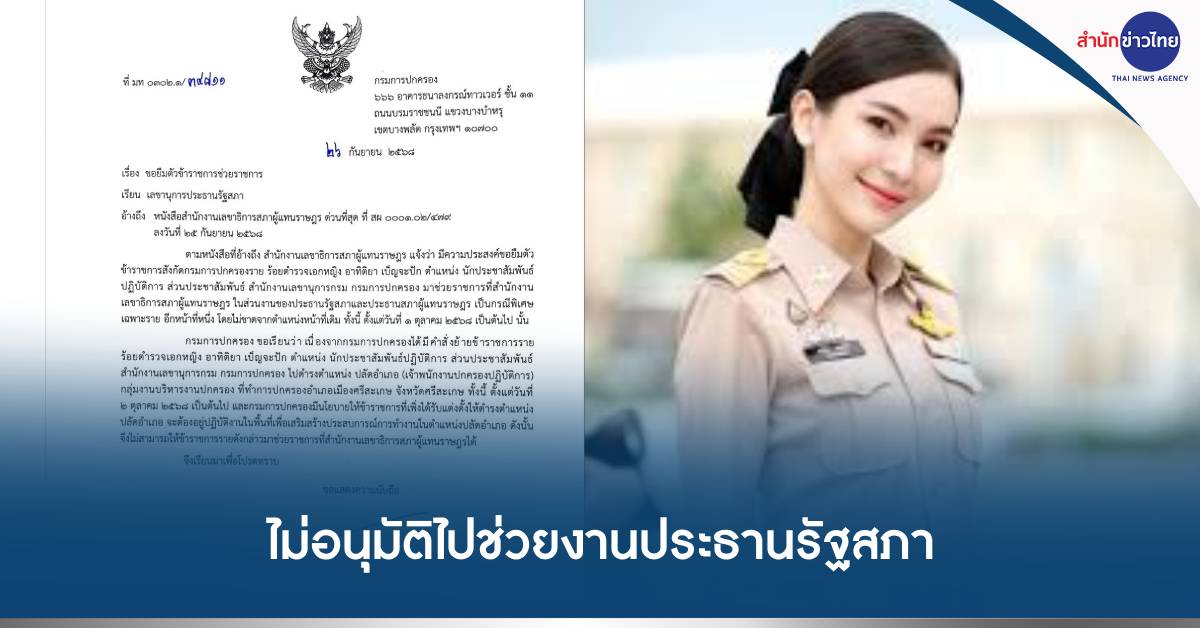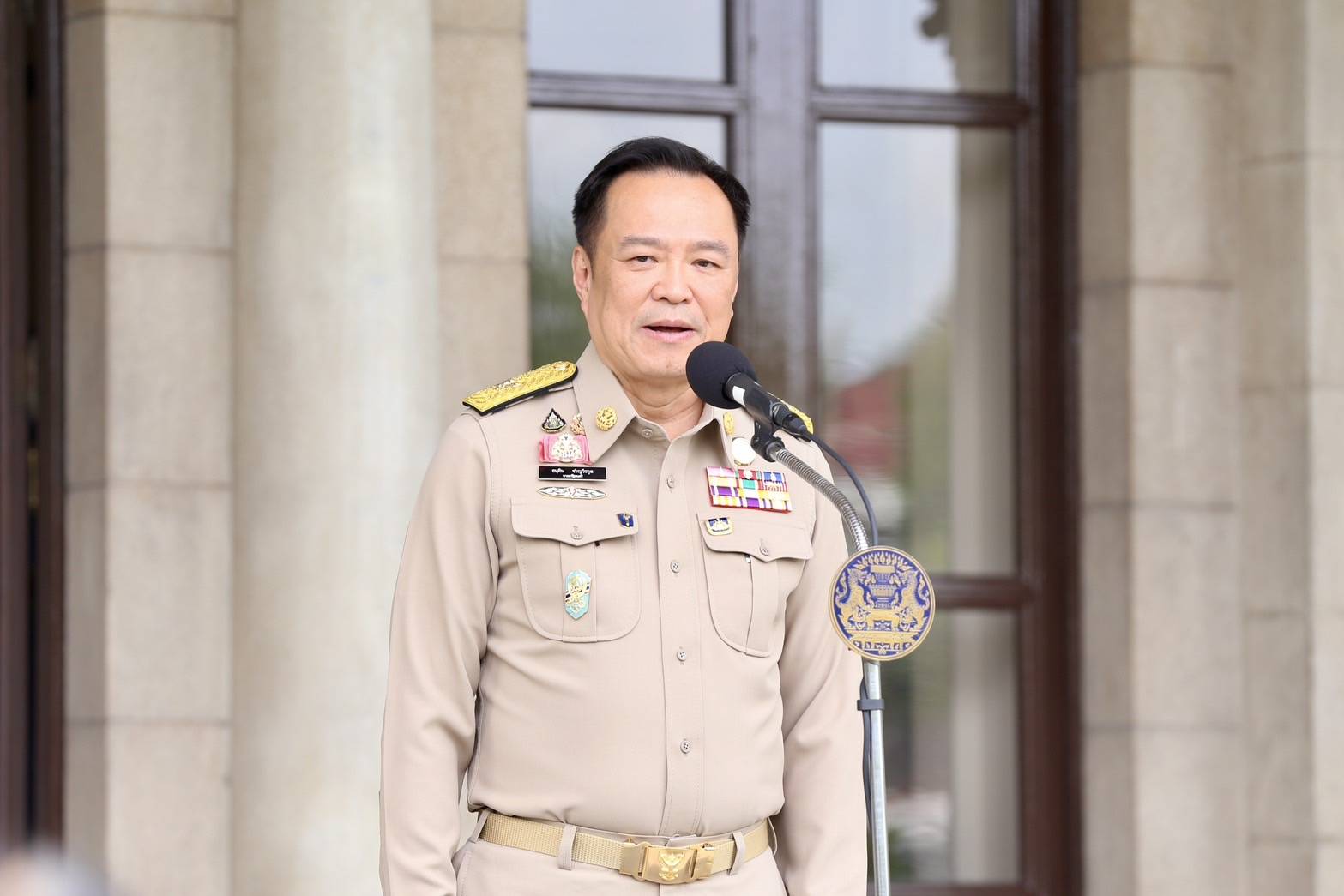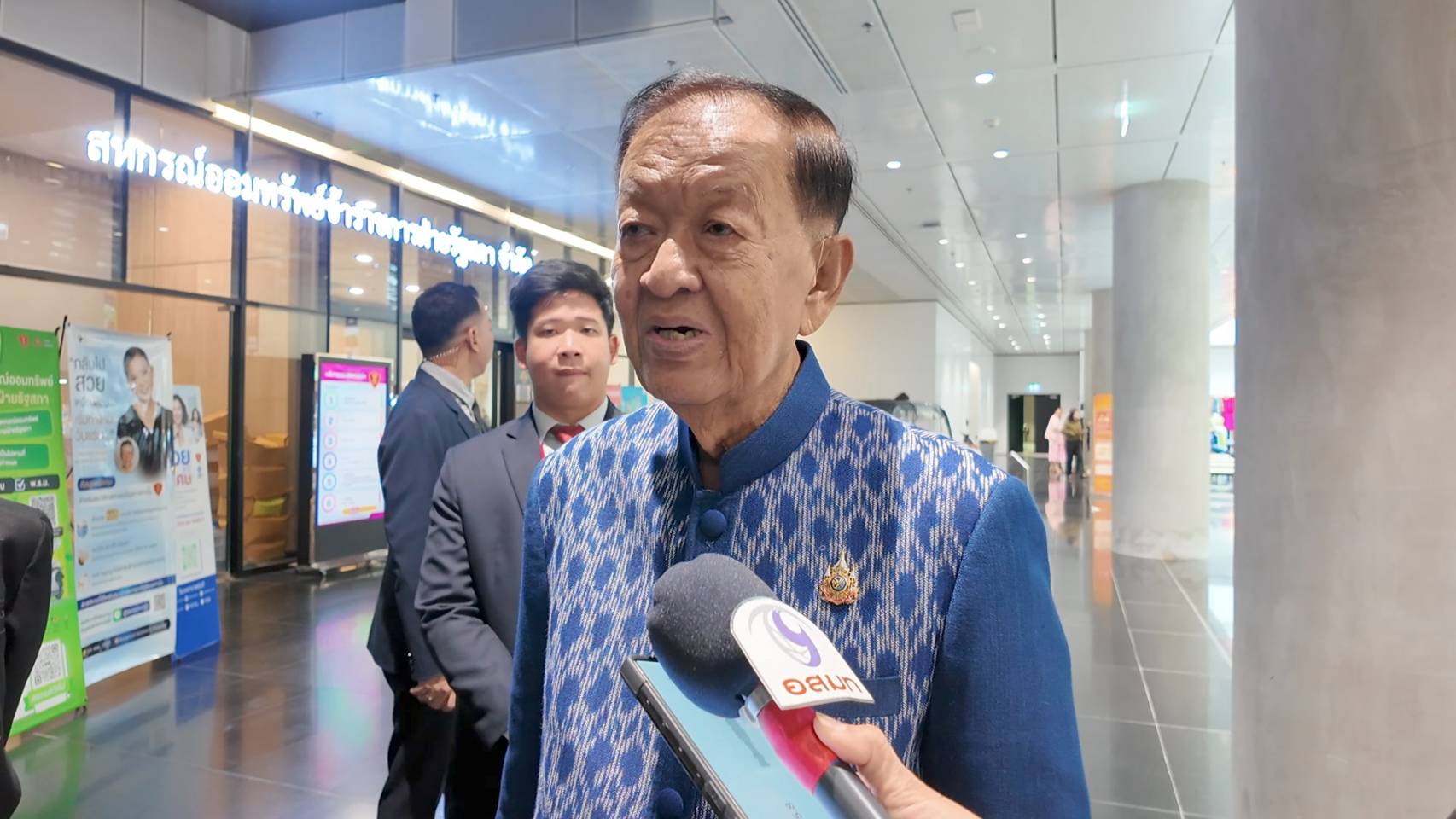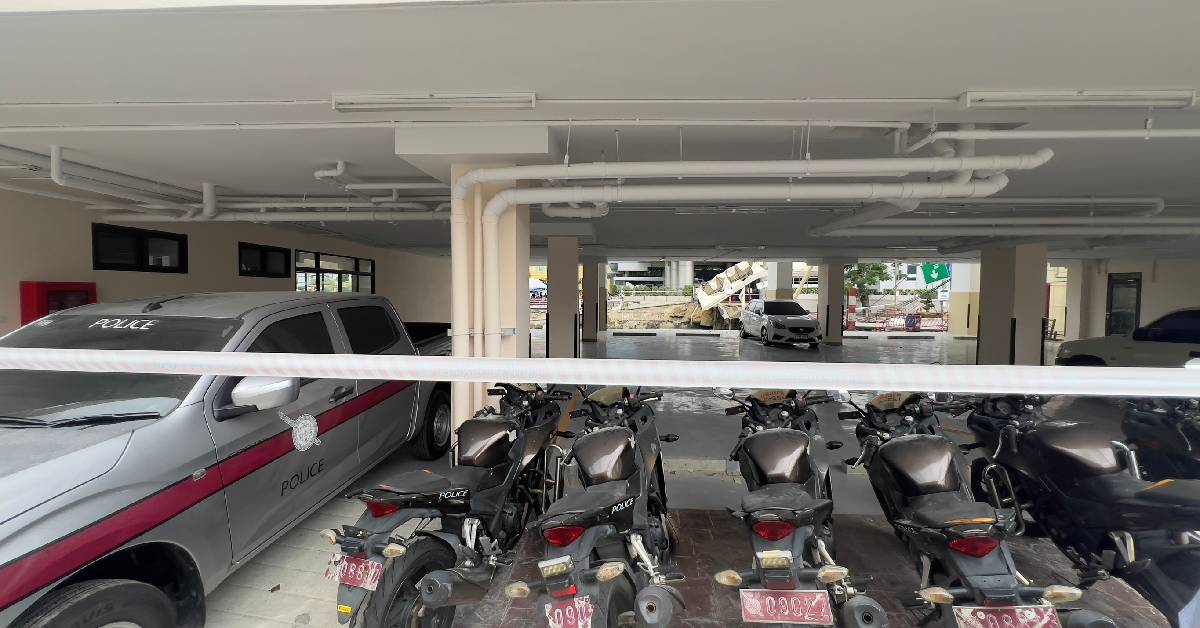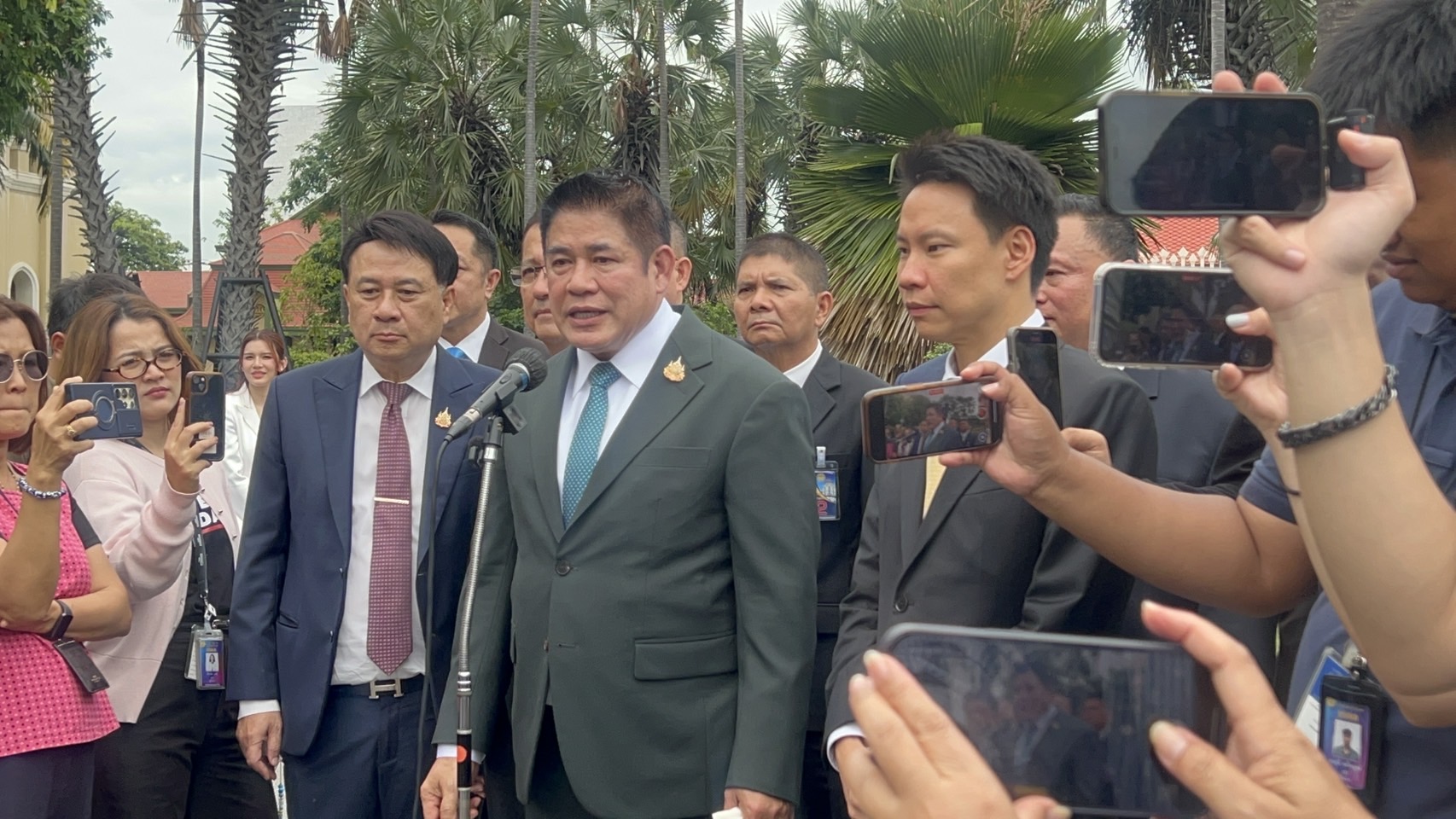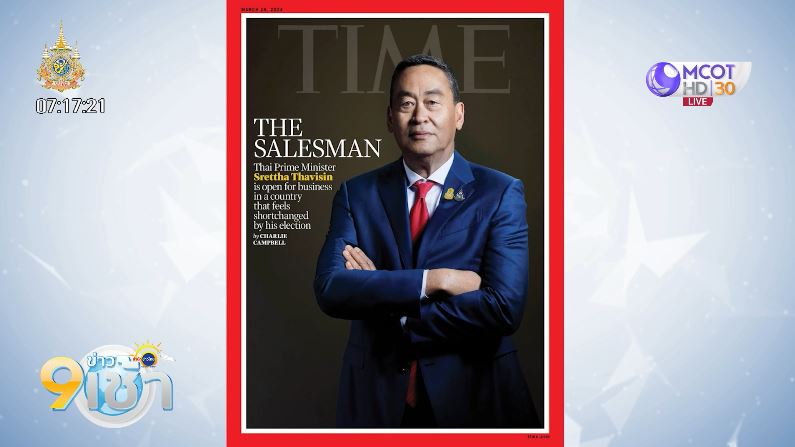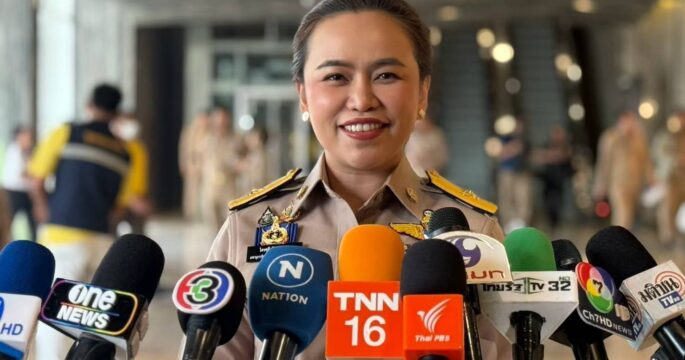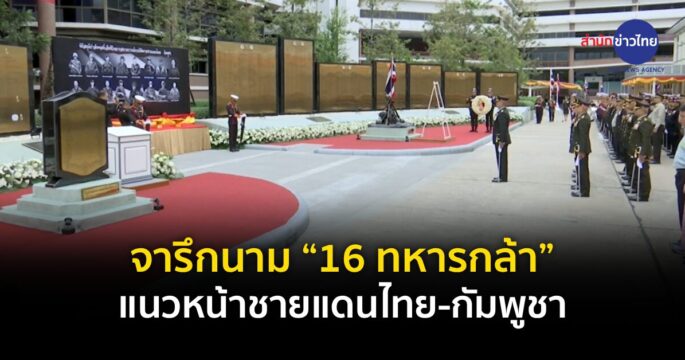BANGKOK, March 14 (TNA) – Thai Prime Minister, Srettha Thavisin, has graced the cover of TIME magazine alongside an interview reflecting the vision and work of the government in tackling the issues faced by the people.
TIME Magazine, a renowned weekly news publication in the United States, features Srettha, who also serves as the Minister of Finance, on its March 25, 2024 edition.
The interview conducted by Charlie Campbell took place at the Government House in Bangkok and highlights Srettha’s role and responsibilities since assuming office last year.
Described as “The Salesman,” he has been actively engaging with investors worldwide, showcasing Thailand’s business potential under his administration.
The interview, titled “Thailand’s New Prime Minister Is Getting Down to Business. But Can He Heal His Nation?” discusses his efforts to attract global investors, resulting in a significant increase in foreign investment, particularly during the fourth quarter of the previous year.
Major multinational companies such as Amazon Web Services, Google, and Microsoft have collectively invested $8.3 billion in Thailand, indicating the country’s openness for business under his leadership.
He said over the past two decades, Thailand has faced political divisions, leading to a military coup in 2014. During this period, Thailand’s economy, under semi-military rule, experienced stagnation and increased inequality, with GDP growth averaging less than 2%, lagging behind neighboring countries such as the Philippines, Indonesia, and Vietnam.
Additionally, the tourism industry suffered from the COVID-19 pandemic, with foreign tourist arrivals currently at only 70%. Economists suggest that Thailand still lags in economic recovery post-COVID, leading Srettha to describe the country as experiencing an “economic crisis.”
To address this, the government has implemented various measures, including reducing fuel taxes, suspending agricultural debt payments for three years, and planning a digital wallet project to stimulate consumption.
In the interview, he emphasizes his desire to see Thailand shine on the global stage through strategic alliances with major powers such as the United States, China, and even Russia.
Regarding last year’s election results where the Pheu Thai party came second, he acknowledges the need to collaborate with the former government to form a coalition, focusing on the importance of delivering tangible results swiftly amidst pressure.
The interview concludes with his bold vision for Thai economic reform, drawing parallels between his two roles in leading a company as CEO earlier to leading a nation, emphasizing the multitude of responsibilities that come with his new role as the prime minister. -819 (TNA)

